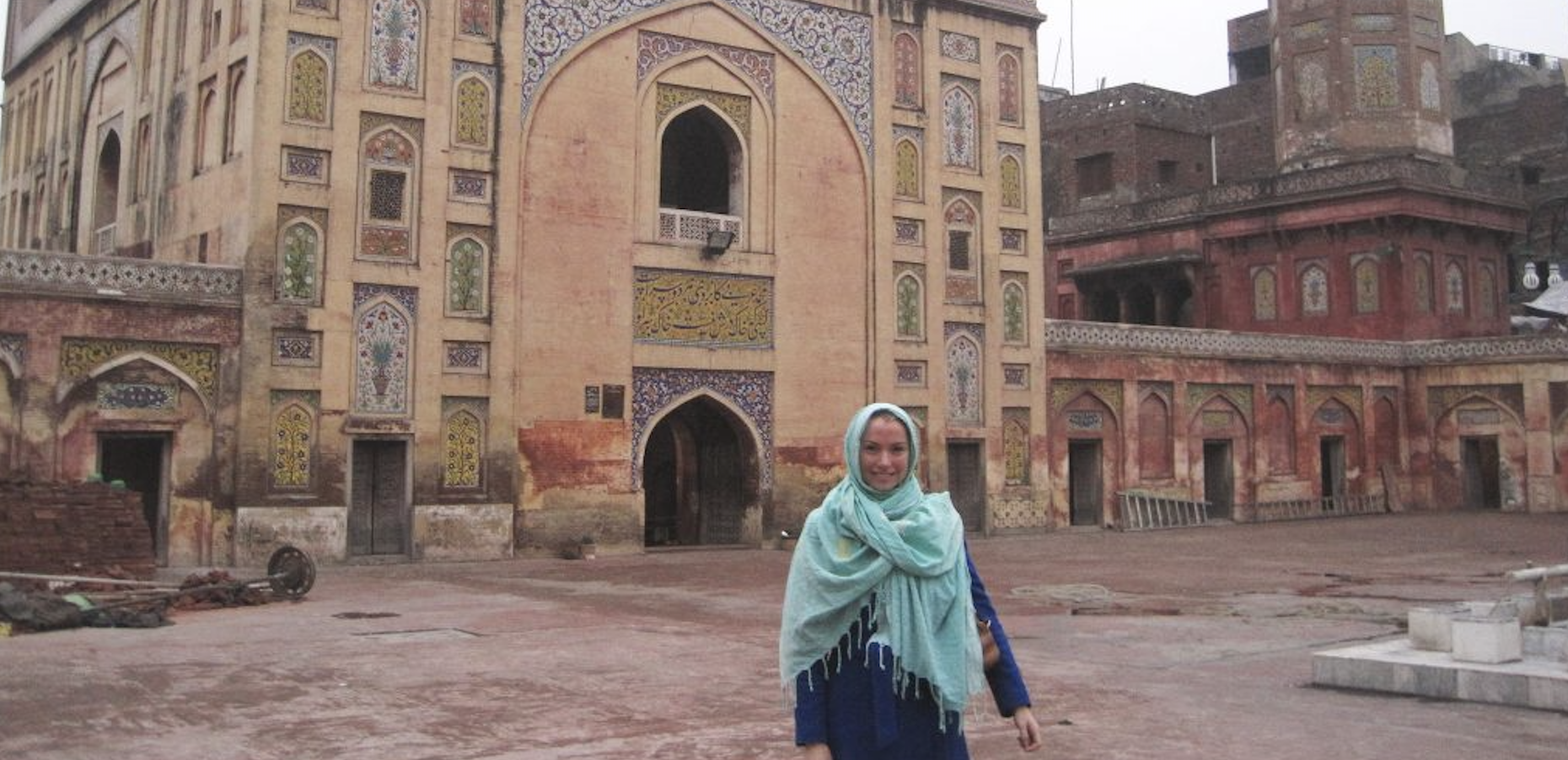OK, let’s get real. I’m going to be brutally honest about the personal cost of pursuing a career in humanitarian and development work. Not to scare you, or deter you. (Because, spoiler alert: I still think it was ALL worth it.)
But you need to know what to expect if you’re considering similar work. And I want to share what I’ve learned, through talking to others and my own experience over the last seven years.
You’ll probably have to make sacrifices of your own – personal, financial, material and more. Are you up for it?
To help you decide, here’s a quick overview of the price I paid for my own career change into United Nations and NGO work.
1. Salary: $500,000+
I’d estimate conservatively that I lost around $500,000 in potential salary over the last seven years, compared to what I could have earnt in government or private sector roles back in Sydney. The people I used to work with in media and politics in Australia now have titles like “Head of Government Relations”, “General Manager of Corporate Affairs”, or “Global HR Lead”. They have big salaries, their own offices and personal assistants.
Meanwhile, I’ve built a new career from scratch. I had to establish my credibility and contacts all over again. That meant working for the first few months for free, then for a small stipend that just covered my rent, then onto modest salaries that covered expenses but didn’t really allow me to save. I also studied full-time for 12 months in Brussels to get my Masters, because most jobs with the UN and international NGOs require a post-graduate degree. And, since I said I’d be honest, I’ll admit that I had to borrow money from my parents to pay for that. Moving to New York more recently to work for the UN (without a company paying for my move) was also a huge cost.
2. House deposit: a significant chunk
Thank you, Facebook. I just love seeing posts from people in Australia who’ve bought four-bedroom houses with gardens, while I’ve moved back into a share house in New York to save money and finally pay off the credit card debt that’s lingered from years of moving between countries. No, really, it’s great.
I’m being sarcastic, but sometimes it is tough to see former peers buying picture-perfect houses back home, while I’m still getting back on my feet financially after this career change. I was lucky enough to buy an apartment in Sydney, which I rent out. But if I’d stayed and found myself a corporate job, I may be well on my way to having a house deposit.
3. Friends’ milestones missed: at least 4 weddings, 2 hen’s parties (bachelorettes), 2 baby showers, 4 babies born, 3 major birthdays, 1 funeral
Ouch. That’s a lot of heartfelt apologies over the phone, by email or by text message. At least it’s easier to stay in touch these days, so you can share in friends’ joy (or sadness) from a distance, over WhatsApp, Skype or FaceTime.
Fortunately I’ve been able to fly back for some special moments, but it can be hard to get time off work and again, it’s pricey.
4. Family Christmases: 6
Whaaaat? This is the first time I’ve counted it up. Damn. That’s a lot of missed family time, beach time, white wine and prawns (no such thing as a White Christmas Down Under.)

The Marriott Hotel had one of the only Christmas trees in Islamabad, Pakistan, in December 2013. I made a colleague go there with me, just to see it.
5. Grandparents’ deaths: 3
This one’s really awful. In the last three years, both my grandfathers and my maternal grandmother have died, and I wasn’t there in their final months, weeks or days. Try saying ‘goodbye’ to someone forever, over the phone, then having to hang up. I was relieved to make it back for the funerals of both my Mum’s parents, but you agonise over whether to fly home before they die, or afterwards, to support other family members.
6. Friendships lost: numerous
Some friendships naturally fade over time. Others won’t survive the reverberations of your own major life changes. You’ve broadened your horizons and seen things which left you elated, shocked or heartbroken. They’re comfortable in their old routines and aren’t curious about where you’ve been or what you’ve experienced. Conversations become one-sided. Slowly you spend less time with them and more time with other people who feel like your tribe – people who get it, who’ve taken big chances, who chase big dreams.

Some friends at a party at the Australian Embassy in Islamabad, in 2013. We were working for different NGOs or other international organizations.
This is not an exhaustive list. But even these six examples are confronting to see in black-and-white. If someone had shown me this before I left for Jerusalem, would I still have gone? Yes. But it would have been an even more sobering decision.
This is not a typical career or lifestyle. It demands a lot of you. Of course, the price you pay will be unique to your situation, including your previous salary, your earning potential, where your family and friends are located and more.
But the common thread is that you must be committed. You have to really want it.
If you are…and if you do…then I promise it will be worth it in the end.


